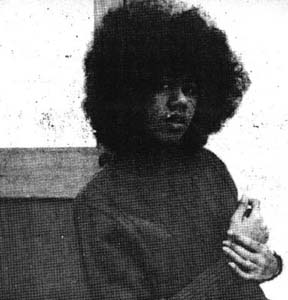
Some Panther sisters rose to prominent positions within the organization, profoundly shaping its ideology and direction. Elaine Brown became the sole woman to ever hold the top position in the organization's history. Kathleen Cleaver broke barriers as the first woman on the Party's central committee, while Assata Shakur became an influential writer and activist. Gayle Dickson, also known as Asali Dickson, joined the Party at 19 in 1972. Dickson's contributions were diverse, including work on the Party's complimentary breakfast program and the Black Panther newspaper.

Women in the Black Panther Party faced a unique and complex battle. They not only confronted sexism from within their ranks but also fought against racial oppression in society at large. These experiences underscore the necessity of intersectional approaches to social justice. The Party's influence extended beyond national borders, shaping movements and ideologies across the globe. It's international impact wasn't confined to creating allied groups abroad; instead, the Party's principles, tactics, and revolutionary spirit resonated worldwide, inspiring diverse social and political movements on multiple continents.

